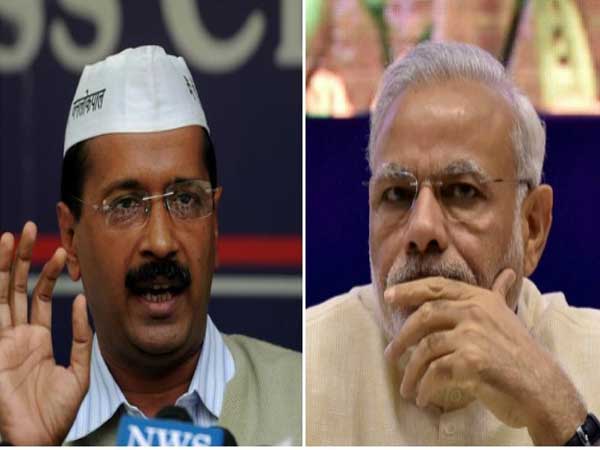
It is in a way fortunate that there is a near breakdown in the relationship between the local government in Delhi and the Union government that is inimical to it because that fraught relationship has brought matters to a tipping point and a resolution of the power equation between the two can no longer be delayed. That is precisely the exercise that the Supreme Court is engaged in following petitions from the present state government on a fundamental matter that previous governments, for very sound reasons of political survival, chose to brush under the carpet.
Politics is all about concentrating power in a few hands. That motive has inhibited the centre from creating a full-fledged directly-elected state government in Delhi and then ceding power to it, even though the two major parties at the centre, the Bharatiya Janata Party and the Congress, have from time-to-time supported full statehood to Delhi, only to pursue a meandering course on the issue after coming to power. The constitutional provisions and the twists and turns in the case are too well known to merit repetition. But, the debate is too fixated in the power equation between the centre and the state government in the context of Delhi's special status as the national capital and ignores the ground reality calling out for a new political arrangement to administer the city.
Nowhere is this better illustrated than in the Supreme Court's frustration in cases pertaining to Delhi's garbage disposal and the sealing drive in commercial areas. In the first instance, the Supreme Court has asked who is responsible for clearing the landfills in the capital and in the second demanded to know why its orders are not being followed. The subtext in both cases reads the same: no one is in charge of Delhi.
Change has occurred at a speed that bears no resemblance to the time that Chaudhary Brahm Prakash, Delhi's first chief minister, was taken out of Delhi and made a central minister even as the city lost a full-fledged government of its own. Around this time the population of Delhi was a little over 10 lakh. By 1990, the population was around 97 lakh. It is now estimated to be about 2.7 crore.
Meanwhile, at nearly Rs 3.3 lakh, Delhi has the second highest per capita income in the country. That is reason enough to attract hundreds of migrants to the city on a daily basis, each adding to the pressure on its resources. A Delhi Planning Board report has noted that more than half the population of Delhi lives in JJ clusters, resettlement colonies, unauthorised and recently authorised colonies.
With rising population has come a sharp growth in the number of vehicles. In 1990, there were around two million registered vehicles in the city. Today there are nearly 10 million. It is debatable whether growth in public transport will result in a downward trend in privately-owned vehicles. India's capital is essentially a power city and its residents more status conscious than those in other metros. Delhi residents have shown an inclination not only to own multiple vehicles but to drive them around as well.
These problems have been added to a more serious one: dangerously high pollution levels that create a hugely negative health impact. Generally, in its quest to retain control, the Centre has only allowed things to drift. The differences, between the Centre and the elected government of Delhi have hampered administrative functioning beyond the pale of what is acceptable.
In a nutshell, the existing arrangement has not been able to measure up to the challenge of a more complex and bigger Delhi and its residents have no voice in how they are to be governed.
None of this contributes to enabling a better quality of life. At the root of this is a paradox. The elected government, with the people's mandate and a stake in the system, has negligible powers to bring about change. The bureaucrats, led by the Lieutenant-Governor -- the 'Superman', the use the description of him by the Supreme Court -- have the powers but no apparent stake in the system save keeping their careers going. The abysmal state of Delhi's cleanliness and the losing battle against air pollution establish the point.
The present court case dispels the notion that the chief minister alone is responsible for the poor administration of Delhi as its problems become larger and more complex. The objections to giving more powers to a duly elected state government are more rooted in realpolitik in the garb of bureaucratic stumbling blocks -- like the state government cannot have control over areas having central government issues or diplomatic areas need to come under central control -- when demarcation would resolve the matter. The big parties are wary of facing a situation where political rivals are in power at the centre and in the state.
Unfortunately, the whip hand in this case rests with the centre. It alone can take the final decision on devolution of powers to the state government in Delhi. There is hope, though, that the rising heat on the Lieutenant-Governor will bring about a change in the situation and facilitate a more accountable administrative set-up for the city. That a chief minister with a massive mandate is demanding more powers for the state government, while his opponents in Delhi occupy a much smaller political space, could help turn the wheel forward. It is about time for political stability in the national capital.
ananda.majumdar@mydigitalfc.com





